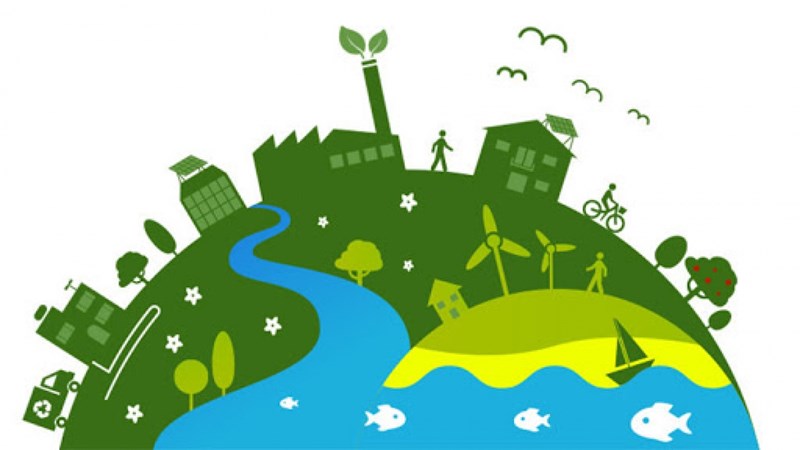Economy
Circular economy: the inevitable trend of future sustainable development
The Circular economy model in Vietnam has been talked about for many years, but the scope of application is still scattered and on a very small scale, for example, the VAC (Garden, pond, stable) model in household agricultural production in Vietnam. The Circular economy model of a larger-scale in Vietnam's economic sectors is not yet popular. However, because the Circular economy pursues the criteria of efficiency, energy-saving and sustainability, this is an inevitable and long-term trend even during and after the Covid-19 pandemic.
Therefore, in order to improve economic efficiency, investment efficiency, optimize production processes, improve labor productivity and protect the environment, it is very necessary to build Circular economic models at a large scale and in many different economic sectors.
In January 2022, the FNF organized a scientific seminar on the topic "Developing a circular economy in Vietnam" between 03 parties: Central Institute for Economic Management (CIEM), Mekong Circular Economy, and Sustainable Development Institution (CESDI) and FNF Vietnam. The event had the participation and opinions of many independent experts in the fields of high-tech agriculture, energy, and clean fuels management such as Assoc.Prof.Dr. Nguyen Xuan Mai, Assoc.Prof.Dr. Le Nguyen Minh, Prof. Dr. Trinh Duy Luan. In addition to exchanging expertise on the characteristics of the Circular economic model in Vietnam’s conditions, the three sides also discussed the implementation of a circular economy development project in Vietnam in 2022.
With the vision of turning Vietnam into the world's food warehouse in the future, Dr. Mai Huy Tan, businessman and scientist, Director of CESDI, proposed to cooperate in implementing a project to develop a model of the Circular economy in Vietnam. He gave an introduction of AGINE and GREENDEVI models to the seminar. This is a production complex with high replicability, towards sustainable development and chemical-free agriculture that can operate on its own in a market economy. This project idea has received support from the FNF and the research collaboration of our partner, the CIEM Institute.
Some of the issues raised in the discussion:
- Characteristics of the Circular economy in Vietnam;
- The need to develop a Circular economic model in the post-Covid period;
- Orientation of the project's energy source, energy and clean fuel Hydrogen management system;
- Completing the law on the development of the Circular economy in the agricultural sector: An important key to the development of high-tech agriculture in Vietnam.
Here are some photos at the seminar:
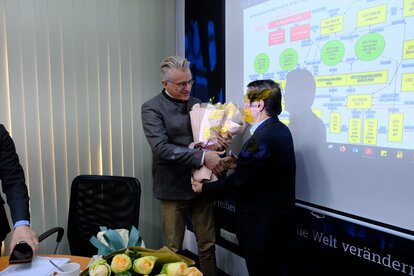
FNF Vietnam
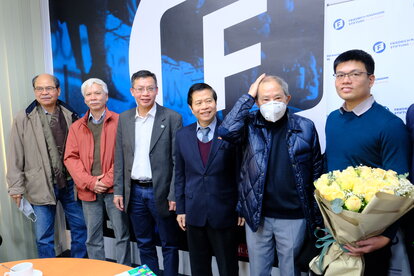
FNF Vietnam
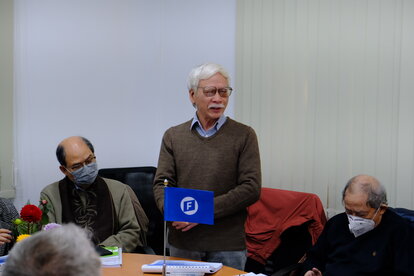
FNF Vietnam
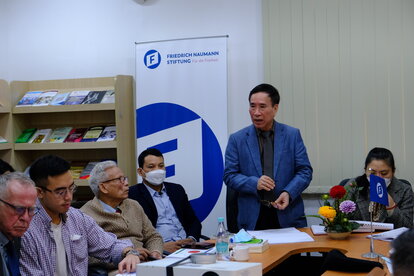
FNF Vietnam
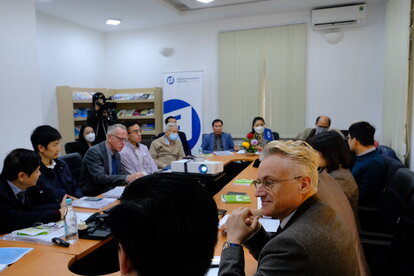
FNF Vietnam
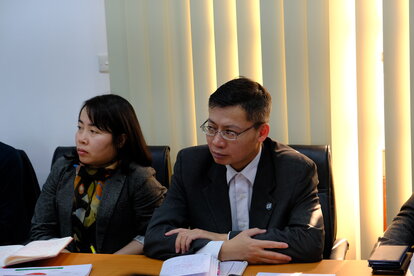
FNF Vietnam

